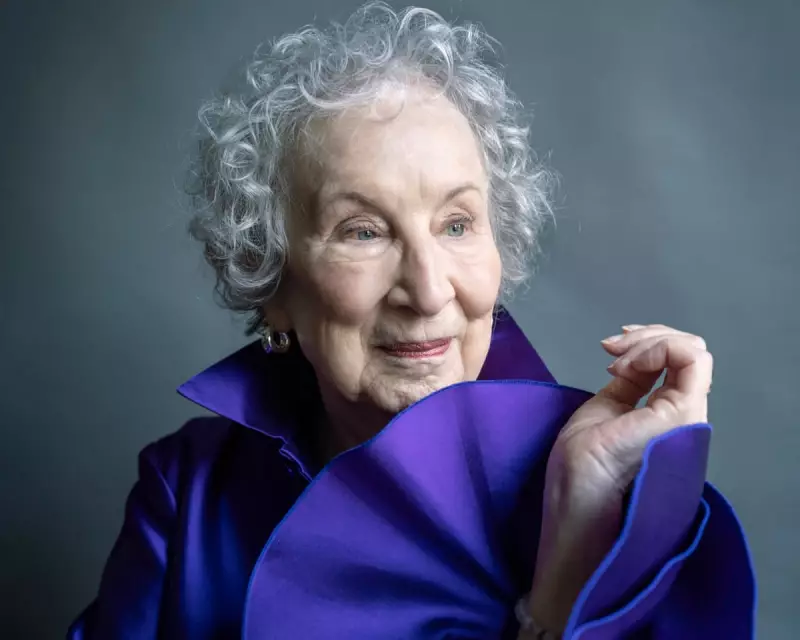
Margaret Atwood's Unapologetic Approach to Grudges
Margaret Atwood, the celebrated Canadian author, has sparked widespread discussion with her candid remarks about holding grudges in her new memoir Book of Lives: A Memoir of Sorts. In a viral interview clip from September 2025, photographed at Toronto University by Christopher Wahl for The Guardian, Atwood delivered her now-famous line: "A lot of people have died, so I can actually say these things without destroying somebody's life. Except for the people whose lives I wish to destroy."
When questioned about whether she enjoys bearing grudges, Atwood responded with characteristic dry wit: "I don't have a choice. I'm a Scorpio." Her icily sardonic delivery has led one reviewer to describe her as "a literary mafia don" - someone who remembers every slight and knows exactly who crossed her, even if she chooses not to name them publicly.
The Therapeutic Value of Not Forgiving
In today's therapy-obsessed culture that promotes forgiveness and closure as the ultimate goals, Atwood's unapologetic grudge-holding feels both radical and refreshing. The memoir reveals numerous instances where Atwood chose humour over healing, including her immortal response to one particularly harsh critic: "Piss up a rope, wanker."
Another memorable anecdote involves Atwood hiring an exorcist to banish what she suspected might be the ghost of her husband's ex-wife - the woman who had unfairly labelled her a "homewrecker." These stories demonstrate that her approach to vengeance is often too hilarious to be considered entirely cold-hearted.
Many readers find comfort in discovering that even prize-winning, household-name authors maintain mental "shit lists" of people who have hurt them. This challenges the notion that successful people should be above such human emotions.
The Legacy of Childhood Bullying
Perhaps the most significant revelation in Book of Lives concerns Atwood's experience with childhood bullying. She finally names her real-life bully as Sandra, having previously disguised this trauma in her masterful novel Cat's Eye through the character Cordelia.
Atwood explains why she waited so long to tell this story truthfully: "It was true that parts of the novel were autobiographical. I avoided saying so because the chief perp was still alive." Now that Sandra and her immediate family have passed away, Atwood feels free to speak openly.
The impact of Cat's Eye has been profound, with women who experienced similar girl-on-girl cruelty often breaking down in tears when they meet Atwood. The recognition of their own experiences in her writing provides validation that many never received elsewhere.
Atwood's approach to her bullies demonstrates understanding without forgiveness. She acknowledges that those who hurt others are often damaged themselves, but maintains that comprehension doesn't necessitate absolution.
While Atwood certainly plays up the revenge angle for entertainment value and marketing appeal, her underlying message is more nuanced. She admits that bearing grudges "isn't an especially attractive thing in a person" and that she "struggles against it, but not very hard."
Ultimately, Book of Lives represents something deeper than simple score-settling. It's a thoughtful exploration of how a long and successful life inevitably contains moments of pain, and how finding humour in that pain can be its own form of liberation. As Atwood demonstrates through her writing and her life, sometimes the healthiest response isn't letting go, but rather learning to laugh about what still hurts.





